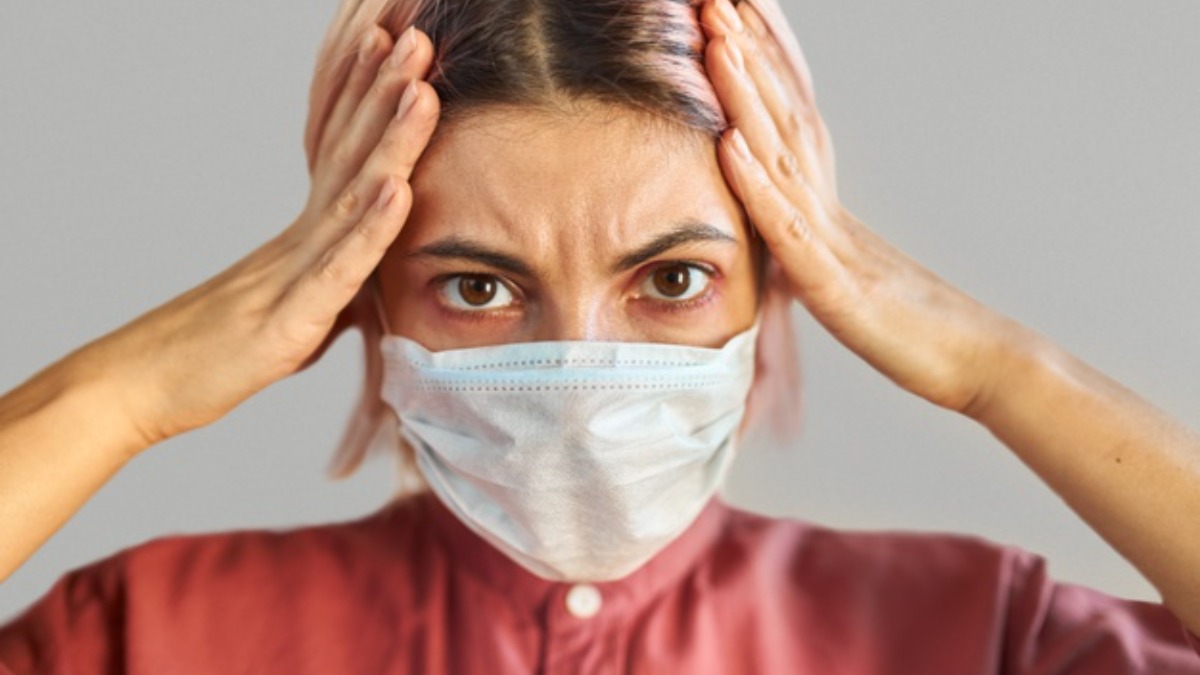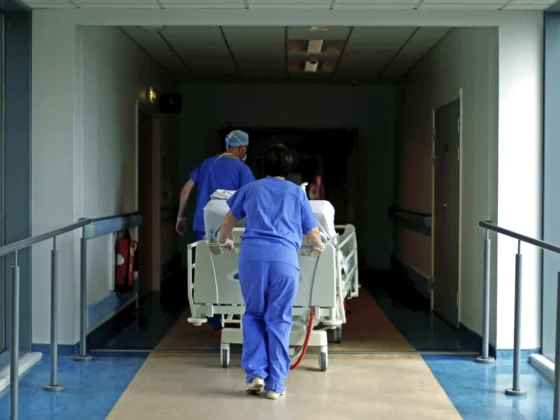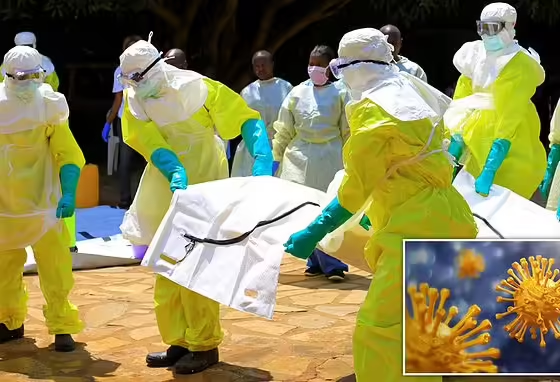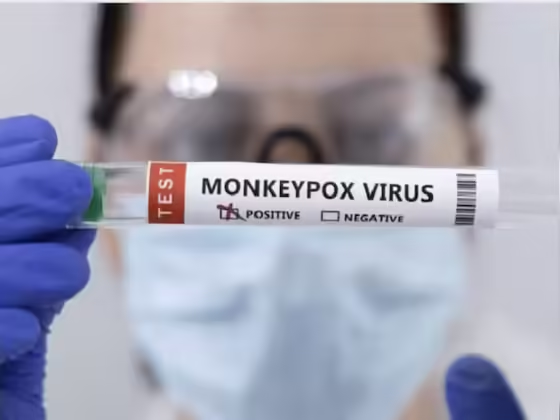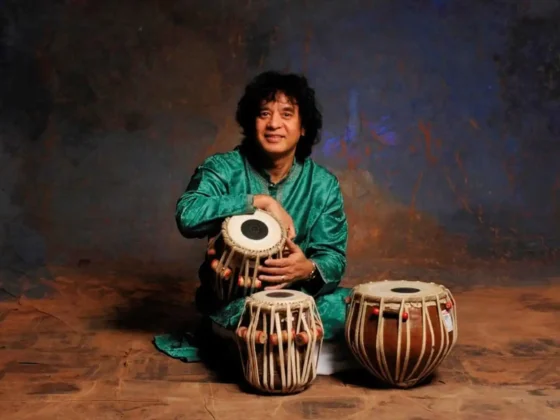New Delhi, 29 November 2024: City hospitals in Pune are witnessing an alarming rise in rare cases of mucormycosis, commonly known as black fungus, among patients recovering from dengue and chikungunya. This severe fungal infection, once predominantly linked to COVID-19, is now emerging in individuals with compromised immunity due to recent viral infections. Medical experts have attributed the surge to the misuse of high-dose steroids, uncontrolled diabetes, and weakened immunity.
What Is Mucormycosis?
Mucormycosis is a life-threatening fungal infection caused by a group of molds known as mucormycetes. The infection typically affects individuals with compromised immune systems and can invade the sinuses, lungs, brain, and other tissues. Without prompt diagnosis and treatment, the condition can lead to severe complications, including organ damage and even death.
The recent uptick in mucormycosis cases in Pune has raised concerns among healthcare professionals. Traditionally associated with poorly controlled diabetes and excessive steroid use during COVID-19, the fungal infection is now being observed in patients recovering from dengue and chikungunya.
“These viral infections significantly weaken the immune system, leaving patients vulnerable to opportunistic fungal infections like mucormycosis,” explained Dr. Rajesh Deshmukh, an infectious disease specialist in Pune.
Root Causes Behind the Trend
Medical experts point to several factors contributing to this surge:
Misuse of High-Dose Steroids:
Steroids are often administered to reduce inflammation and manage severe symptoms of viral infections. However, excessive or inappropriate use can suppress the immune system, increasing susceptibility to secondary infections.
Uncontrolled Diabetes:
Many patients recovering from dengue and chikungunya already have pre-existing diabetes or experience elevated blood sugar levels during recovery. High glucose levels create a favorable environment for fungal growth.
Weakened Immunity Post-Infection:
Dengue and chikungunya weaken the immune system, making it harder for the body to fight off secondary infections like mucormycosis.
Symptoms to Watch Out For
Early detection of mucormycosis is critical for effective treatment. Common symptoms include:
Persistent facial pain or swelling
Nasal congestion or blackish discharge
Headache and fever
Blurred vision or swelling around the eyes
Difficulty chewing or jaw pain
Patients experiencing these symptoms after recovering from dengue or chikungunya are urged to seek immediate medical attention.
Mucormycosis: Treatment and Prevention
Mucormycosis requires aggressive antifungal treatment and, in severe cases, surgical intervention to remove infected tissue. Early diagnosis significantly improves survival rates.
To prevent the condition, doctors recommend the following:
Avoid unnecessary use of steroids.
Monitor blood sugar levels, especially in diabetic patients.
Maintain good hygiene and avoid exposure to dust and contaminated environments.
Strengthen immunity with a healthy diet and adequate hydration.
Mucormycosis: Raising Awareness
The spike in post-dengue and chikungunya mucormycosis cases highlights the need for better awareness and preventive measures. Public health officials and healthcare providers in Pune are urging patients recovering from viral infections to remain vigilant about their health.
“Timely medical intervention and adherence to prescribed treatments can help mitigate the risk of developing severe complications,” emphasized Dr. Deshmukh.
The emergence of mucormycosis cases post-dengue and chikungunya is a concerning trend that underscores the importance of responsible medication use and immune system care. By raising awareness, monitoring health closely during recovery, and seeking prompt medical attention when needed, patients can reduce their risk of falling victim to this dangerous fungal infection. Authorities and healthcare providers must continue to emphasize preventive strategies to address this growing challenge.

